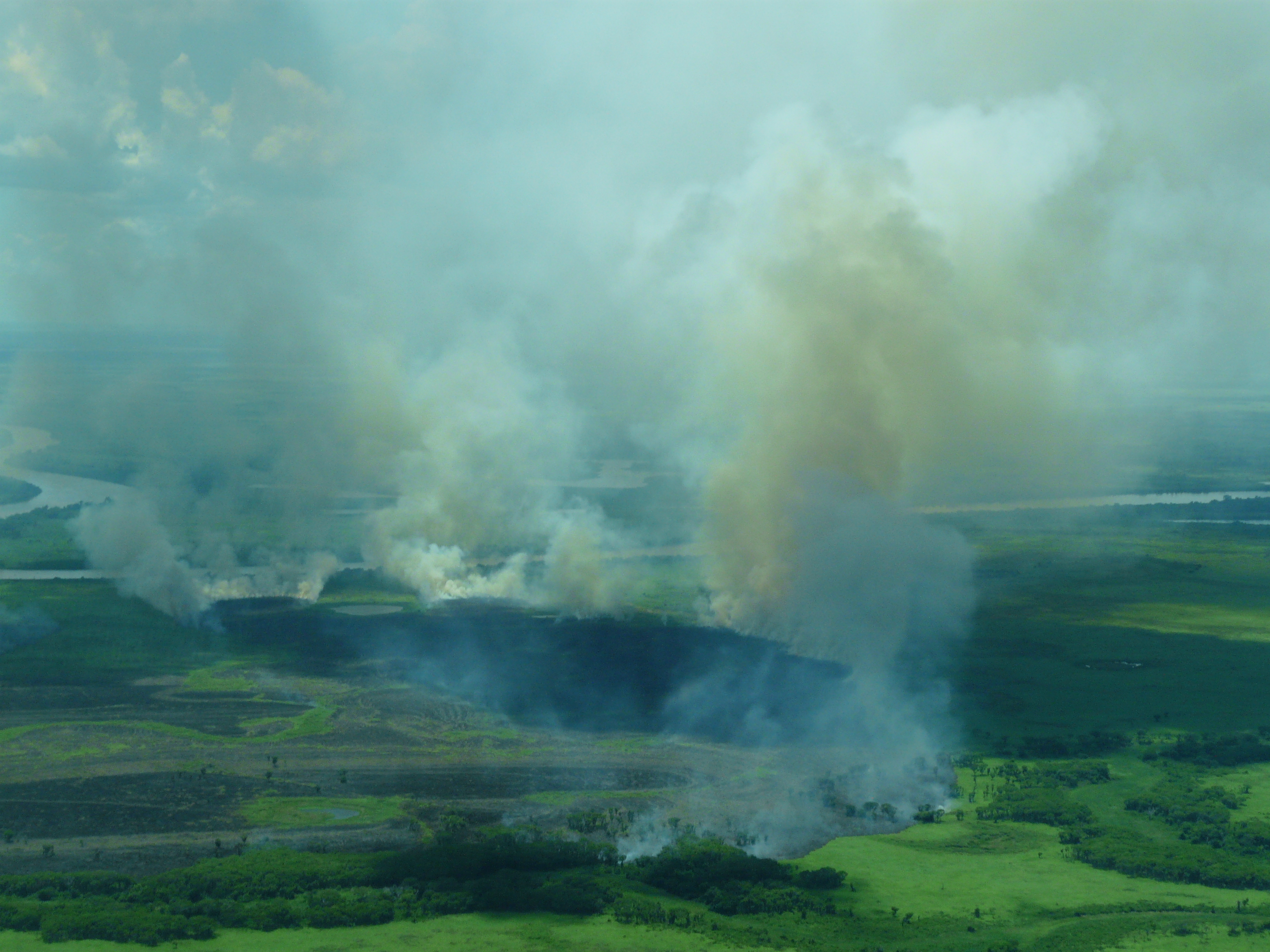WWF has long highlighted how the climate crisis is a major threat to nature as well as people. And so, it is no surprise, although intensely worrying, to learn from a new report that climate change is now the biggest threat to UN-protected natural treasures.
The report, published by IUCN (International Union for Conservation of Nature), shows that one-third of the 83 natural World Heritage sites are now threatened by climate change.
This includes the world’s largest coral reef system, the Great Barrier Reef, in the eastern coastal waters of Australia. The reef, which has suffered three mass coral bleaching events in just the past five years, is one of the sites found to be at most risk from climate change.
The Pantanal, which is the planet’s largest tropical wetland, is another case in point. A critical resource for local communities in Brazil, Bolivia and Paraguay, and a home to over 4,000 species, the region has been severely impacted by wildfires, driven in part by climate change.
We have seen some positive progress in efforts to protect individual natural World Heritage sites. For example, WWF support helped lead to the governments of Brazil, Bolivia and Paraguay signing a landmark deal in 2018 to conserve and sustainably use the Pantanal.
However, much more needs to be done. In particular, we are urging governments to limit the global temperature increase since pre-industrial times to below 1.5°C – the point at which scientists agree that people and nature will suffer catastrophic impacts. They must also build on the recent
commitment by over 75 world leaders to restore our natural world in the coming decade.
Please support these efforts for urgent global action by making your voice heard.


